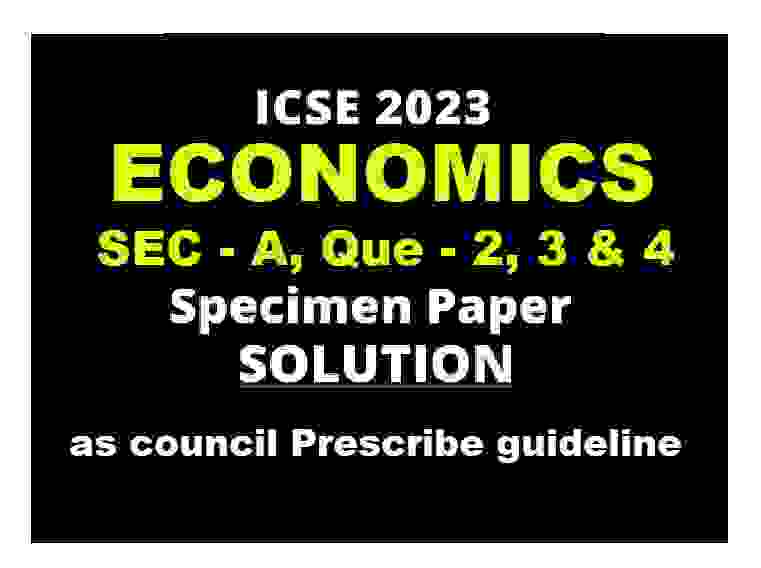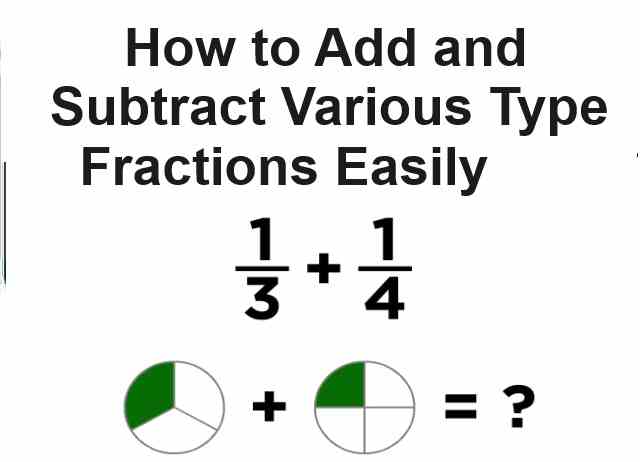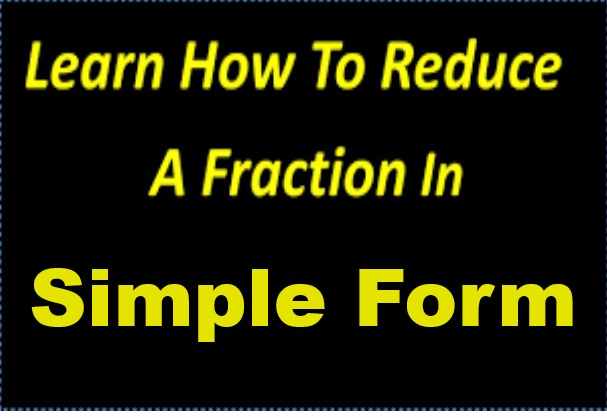Economics Specimen Paper 2023 Sec-A Que-2,3 and 4 Solved for ICSE Class-10. Step by step solutions as council prescribe guideline of model sample question paper. Student can achieve their goal in next upcoming exam of council. Visit official website CISCE for detail information about ICSE Board Class-10
Solutions of ICSE Class 10 Economics Specimen Paper 2023 Sec-A Que-2,3,4
| Board | ICSE |
| Class | 10th (x) |
| Subject | Economics |
| Topic | Specimen Paper Solved |
| Syllabus | Revised Syllabus |
| Session | 2022-23 |
| Sec-A | Que-2, 3 and 4 |
ICSE Economics Specimen Paper 2023 Sec-A
Question 2:
(i) Define the term inflation.
(ii) Explain any two factors affecting productivity of land.
(iii) What is the impact of inflation on farmers?
(iv) What is demonetisation?
Answer:
(i) In economics, inflation is a general increase in the prices of goods and services in an economy. When the general price level rises, each unit of currency buys fewer goods and services; consequently, inflation corresponds to a reduction in the purchasing power of money.
(ii) The productivity of land depends on its natural qualities. If the land is flat and levelled, it will be more productive than an undulating land; similarly, land in a hilly area is more productive than a land in the desert. Its productivity also depends on the soil and climatic conditions.
(iii) Input price inflation creates cash flow problems for farmers and increases the necessity of a high level of operational management and conservative financial strategies. Individual farmers can possibly counteract the effect of input price inflation through increases in productivity and economizing on costs.
(iv) On 8 November 2016, the Government of India announced the demonetisation of all ₹500 and ₹1,000 banknotes of the Mahatma Gandhi Series. It also announced the issuance of new ₹500 and ₹2,000 banknotes in exchange for the demonetised banknotes.
Question 3:
(i) Define the term demand.
(ii) Mention any two assumptions to the law of supply.
(iii) What is the meaning of consumer exploitation?
(iv) Why do labourers have less bargaining power?
Answer:
(i) Demand is the quantity of consumers who are willing and able to buy products at various prices during a given period of time. Demand for any commodity implies the consumers’ desire to acquire the good, the willingness and ability to pay for it.
(ii) The law of demand says that at higher prices, buyers will demand less of an economic good. The law of supply says that at higher prices, sellers will supply more of an economic good. These two laws interact to determine the actual market prices and volume of goods that are traded on a market.
(iii) Introduction Consumer exploitation refers to taking undue advantage of consumers or a group of consumers by the sellers for their own benefit or purpose.
(iv) It cannot be stored, isn’t very mobile and has no standard or reserve price. So generally laborers are forced to work for whatever wages the employer offers. In comparison to the employer, the laborers have very little bargaining power.
Question 4:
(i) How is an entrepreneur defined in economics?
(ii) Differentiate between land and capital.
(iii) Explain any one primary functions of money.
(iv) Define an oligopoly market.
Answer:
(i) An entrepreneur is an individual who takes the risk to start their own business based on an idea they have or a product they have created while assuming most of the risks and reaping most of the rewards of the business.
(ii)
| LAND | CAPITAL |
|---|---|
| Nature of Factor Land is the natural factor of production, it is permanent in nature. | Capital is a man made factor of production. It lacks permanency. |
| Elasticity The elasticity of land is perfectly inelastic. | The elasticity of capital is relatively elastic. |
(iii) Money is often defined in terms of the three functions or services that it provides. Money serves as a medium of exchange, as a store of value, and as a unit of account. Medium of exchange. Money’s most important function is as a medium of exchange to facilitate transactions.
(iv) An oligopoly is a market structure in which a market or industry is dominated by a small number of large sellers or producers. Oligopolies often result from the desire to maximize profits, leading to collusion between companies.
–: End of Economics Specimen Paper 2023 Sec-A Que-2,3 and 4 Solved for ICSE Class-10 :—
Return to : ICSE Specimen Paper 2023 Solved
–: visit also :–
- ICSE Class-10 Textbook Solutions Syllabus Solved Paper Notes
- School will be closed on These Dates in August, Check Total Holidays
- High Salary Top Courses After 12th Science for Boys / Girls
- Which School Board is Better for IIT JEE and NEET Preparation?
- Which Entrance Exam Is Easier To Crack – NEET, IIT, JEE?.
- CISCE 2023 Exam: Clue of Board Paper Standard
- ICSE Board Paper Class-10 Solved Previous Year Question
Thanks




